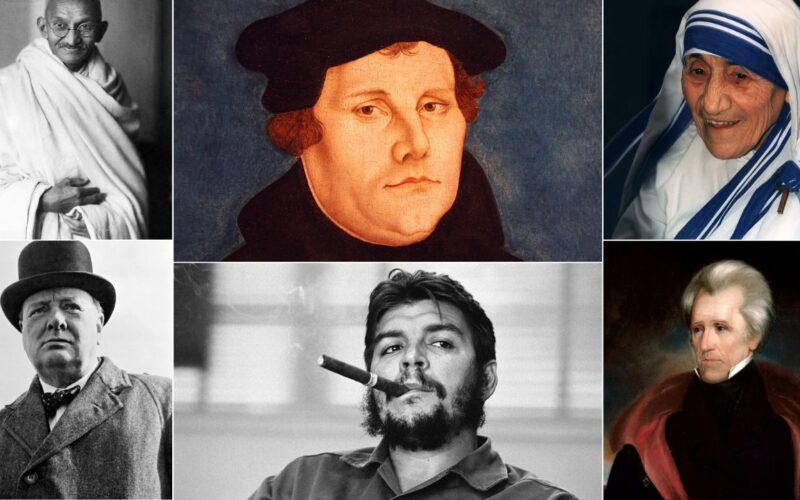Some historical figures are remembered as icons of justice, bravery, or innovation, but the full truth is often more complicated. Many beloved names in history had controversial sides that rarely make it into popular narratives. From racist views to political brutality, their darker actions challenge the heroic images we were taught. Here are 10 famous individuals who may not deserve the spotless reputations history often gives them.
1. Thomas Edison
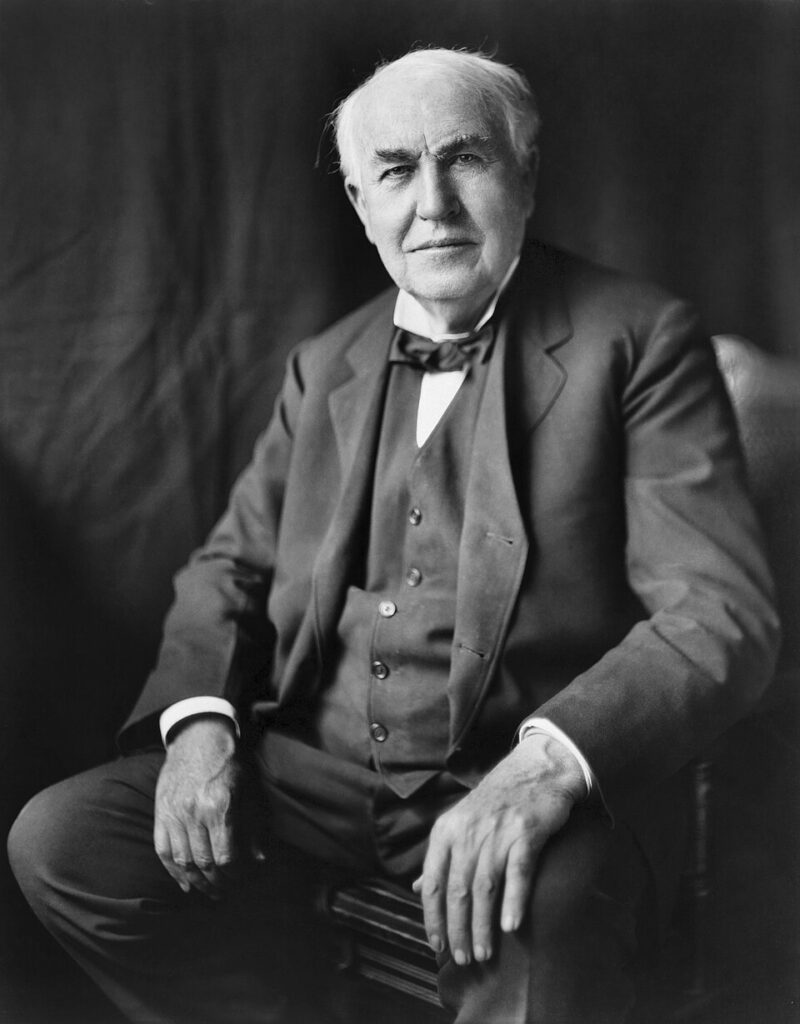
Edison is often hailed as America’s greatest inventor, but he was also ruthless in business. He used aggressive tactics to crush competitors and famously tried to discredit Nikola Tesla by promoting dangerous myths about alternating current. Edison even took credit for inventions developed by employees under his name. His innovation is undeniable, but his legacy includes sabotage, manipulation, and opportunism just as much as it does genius.
2. Mahatma Gandhi
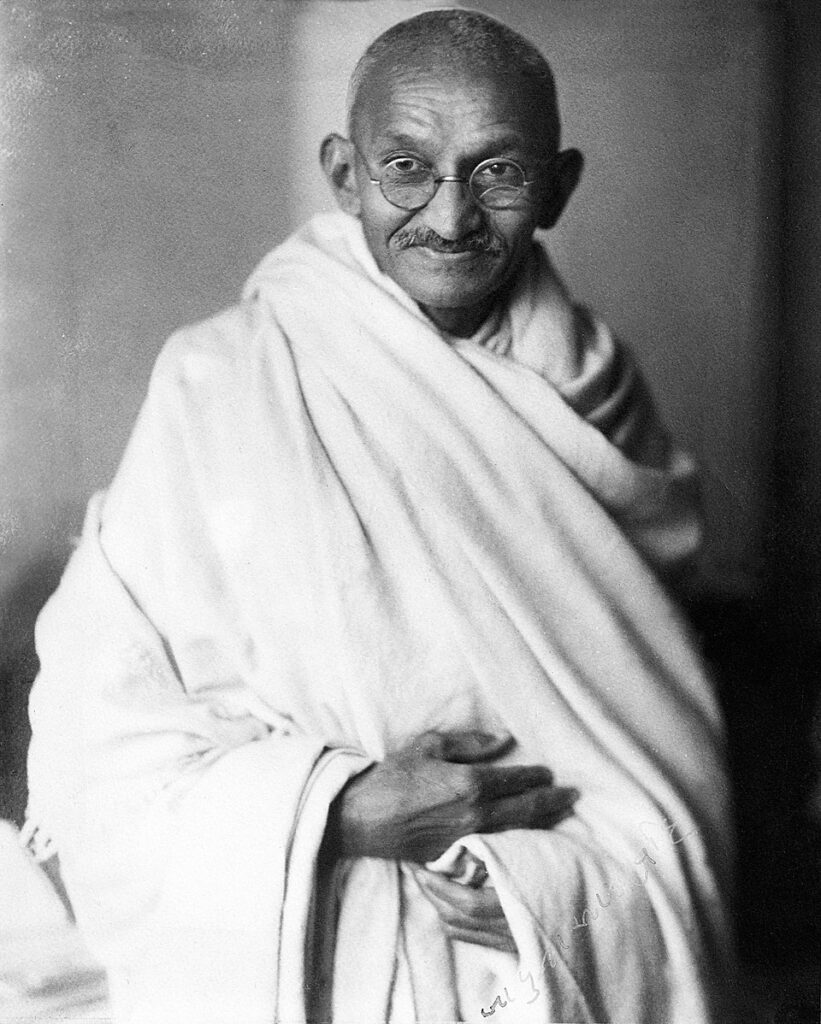
Gandhi is revered for leading India’s nonviolent independence movement, but his legacy includes troubling views. In South Africa, he expressed racist attitudes toward Black Africans, calling them inferior. His writings also include controversial views on women and sexuality, such as sleeping next to young women to “test” his self-control. While his political achievements were monumental, his personal beliefs complicate his image as a global moral leader.
3. Christopher Columbus
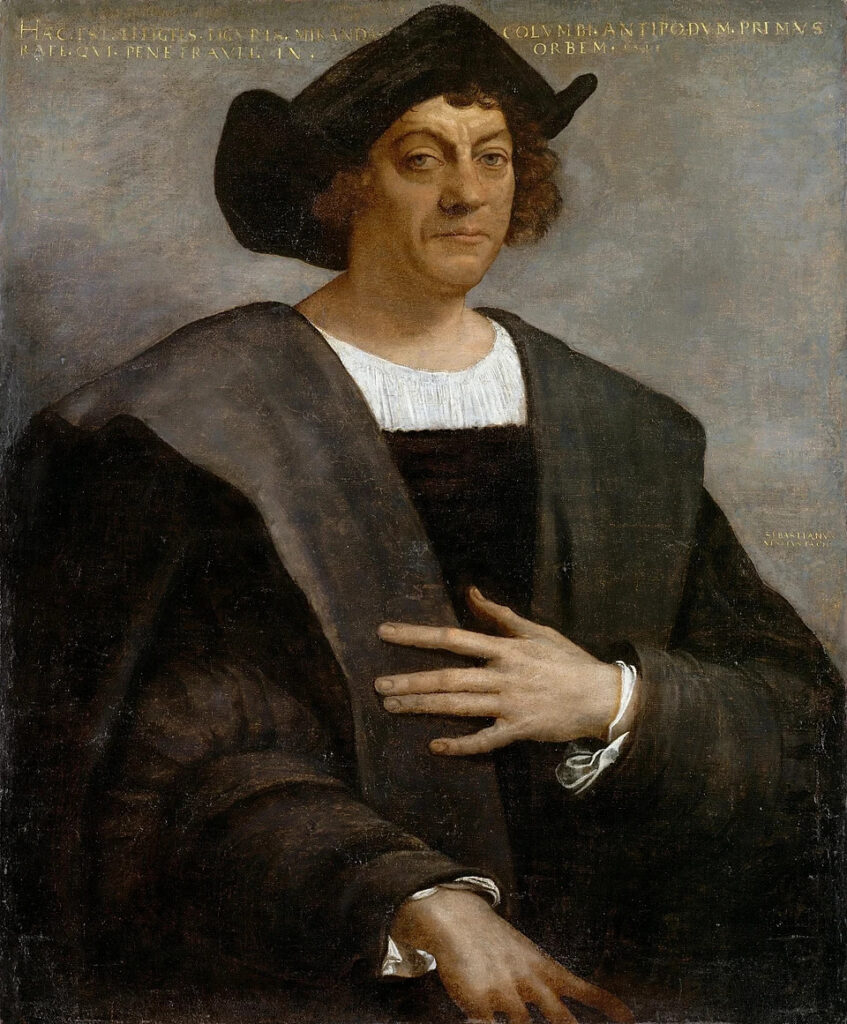
Columbus is often remembered as the brave explorer who “discovered” America, but his arrival marked the start of brutal colonization. He enslaved indigenous people, imposed forced labor, and allowed atrocities by his men. Thousands died under his rule, and his expeditions paved the way for centuries of exploitation. Far from a hero, Columbus’s legacy is one of violence, domination, and cultural erasure.
4. Winston Churchill
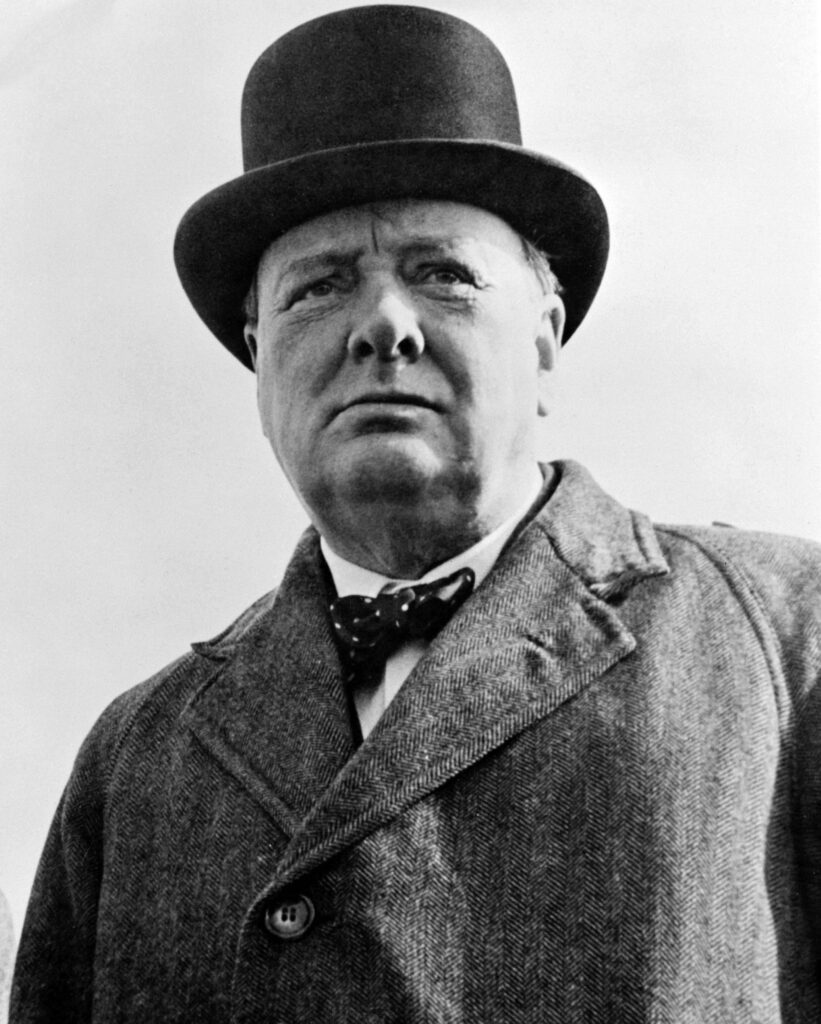
Churchill is widely praised for his leadership during World War II, but his colonial views were far less admirable. He supported British imperialism, opposed Indian independence, and his policies during the Bengal Famine of 1943 contributed to the deaths of millions. He blamed the victims and refused to send aid. While his wartime speeches inspired a nation, his legacy also includes racial arrogance and indifference to human suffering.
5. Mother Teresa

Canonized as a saint, Mother Teresa gained fame for caring for the poor, but critics say her missions glorified suffering rather than easing it. Her clinics often lacked basic hygiene or pain relief, and she believed that enduring pain brought people closer to God. She accepted money from controversial sources and opposed contraception and abortion, even in extreme cases. Her image as a pure humanitarian masks serious ethical concerns.
6. Abraham Lincoln
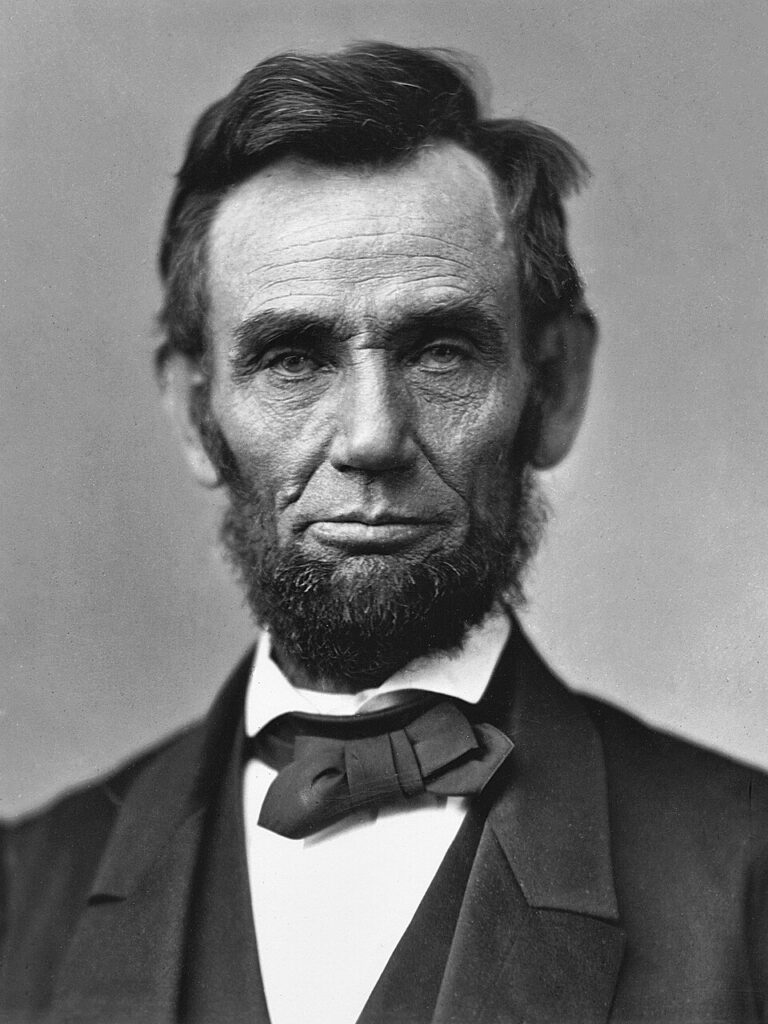
Lincoln is celebrated as the Great Emancipator, but his path to ending slavery was complex. His primary goal was preserving the Union, and he initially supported the idea of sending freed slaves to Africa. His views on racial equality were limited by today’s standards. While the Emancipation Proclamation was historic, Lincoln’s evolving positions on slavery and race reveal a more pragmatic, less idealized figure than often portrayed.
7. John F. Kennedy
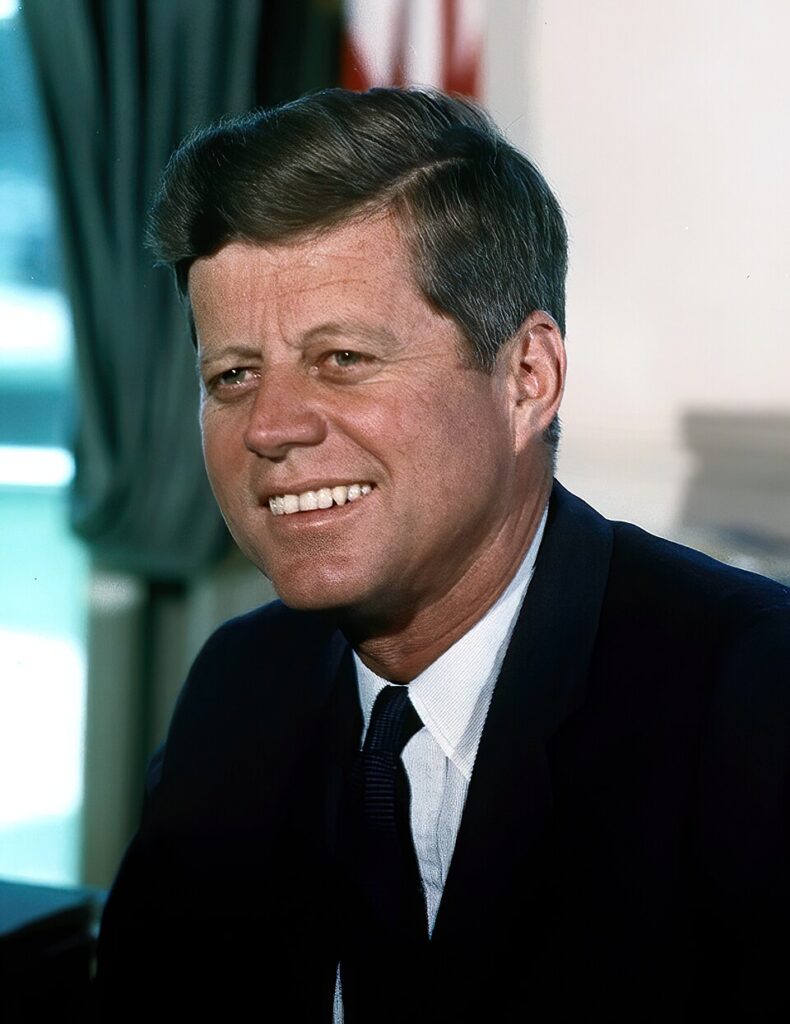
JFK remains one of America’s most beloved presidents, known for his charisma and vision. But behind the scenes, he led a risky personal life, with affairs that raised security concerns. He was linked to covert CIA operations like the Bay of Pigs invasion, and rumors of ties to organized crime continue to surface. His political style was inspiring, but his administration wasn’t as spotless as the myth suggests.
8. Che Guevara
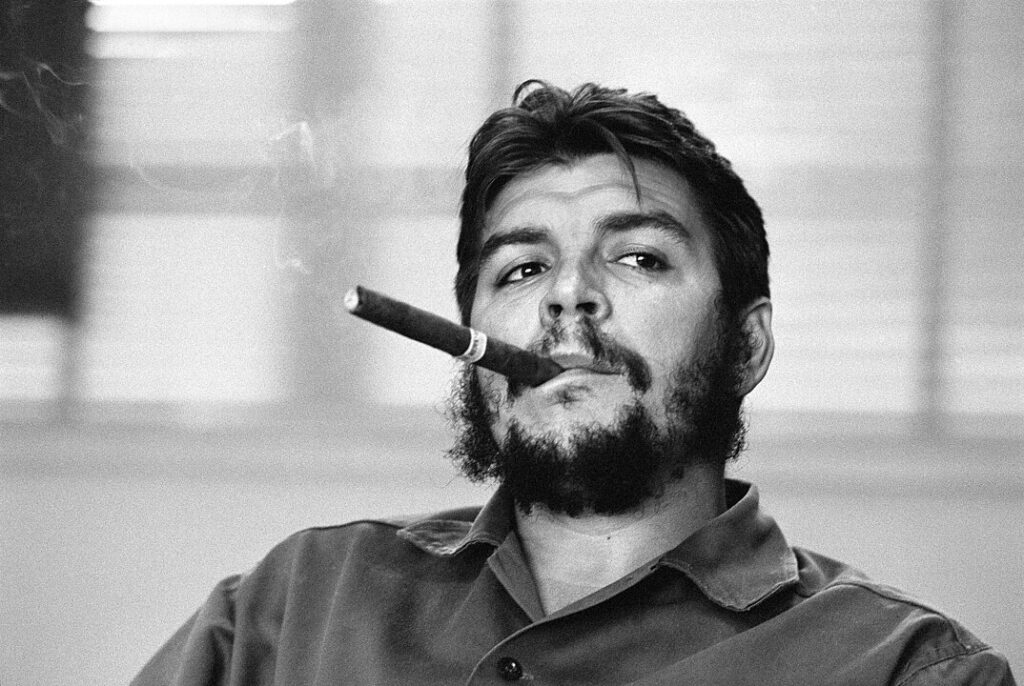
To some, Che Guevara is a symbol of rebellion and resistance. To others, he was a brutal enforcer. After the Cuban Revolution, he helped run forced labor camps and authorized summary executions of political opponents. He opposed free speech and supported violent revolution worldwide. While his image appears on t-shirts as a symbol of freedom, his actions often reflected authoritarian control rather than liberation.
9. Martin Luther
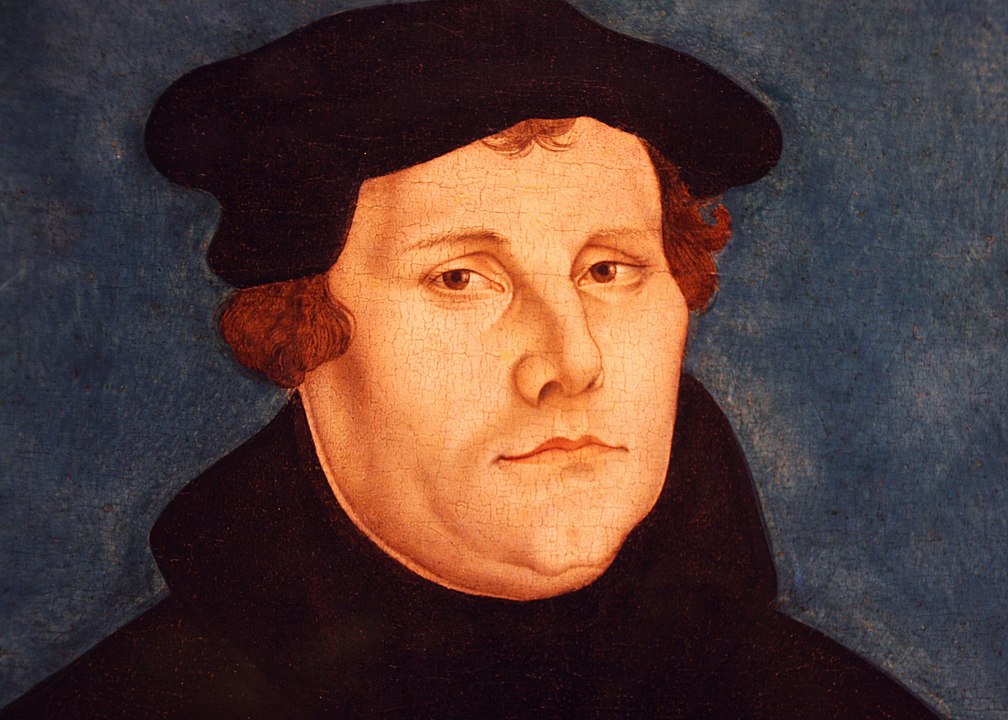
Martin Luther sparked the Protestant Reformation and changed religious history, but he also spread hatred in his later years. His anti-Semitic writings were extreme, calling for the burning of synagogues and expulsion of Jews. These texts were later cited by Nazi leaders to justify their persecution of Jews. While he broke from church corruption, his legacy includes a dangerous legacy of intolerance that’s rarely discussed.
10. Andrew Jackson
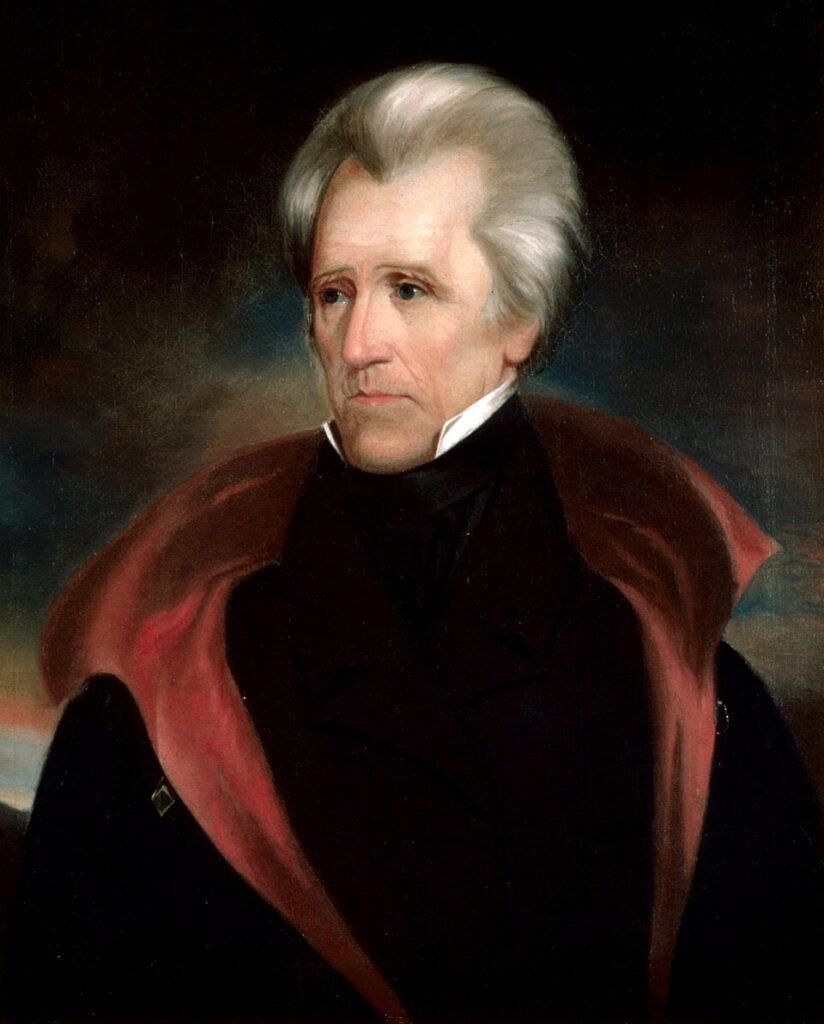
Jackson is remembered for championing the common man and strengthening the U.S. presidency, but his policies toward Native Americans were brutal. He pushed for the Indian Removal Act, which led to the Trail of Tears, a forced migration that killed thousands. He defied Supreme Court rulings and expanded slavery. While he shaped American democracy in some ways, he also trampled human rights to do it.
